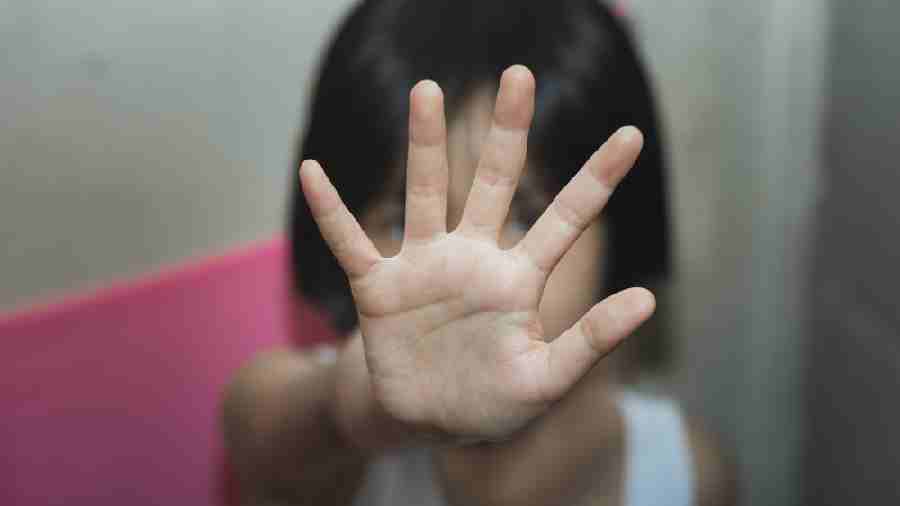Protection against crimes that sneak into everyday relationships poses multiple challenges. The sexual abuse of children falls into this category since most of these crimes take place behind the cover of affection within relationships based on trust. Against such horrors, laws tend to be strong on punishment, which is a good thing, but short on nuance when it is needed. The Protection of Children from Sexual Offences Act, 2012 pronounces 18 as the age of consent: a sexual relationship with a young person under 18, even when consensual, is a crime. Before 2012, however, the age of consent was 16. Consensual sexual activity acquires a different dimension when the participants are 16 or over. Older teenagers may experience such relationships when growing up and exploring emotions; these are less unexpected amid changing social mores and increased exposure to different possibilities. Reportedly, the Karnataka High Court said recently that the Pocso Act’s age of consent should be reconsidered. The court acquitted a young man of the charges of kidnapping, forcible marriage and so on, which had been brought against him in 2017 by the mother of the girl with whom he had eloped. They were now married with children, the girl having attained legal majority before marriage.
The Karnataka High Court reportedly mentioned that ground realities should be considered with reference to the age of consent. The decision would require sensitiveness, wisdom, practical awareness and a dedication to young people’s well-being. Vulnerability and healthy curiosity must both be protected; an adult abuser should be distinguished from a young man whose life can be destroyed by misdirected criminalisation. Activists and doctors have expressed similar concerns about the Pocso Act’s tendency to lump all kinds of relationships together. The law gives parents who disapprove of their daughters’ choices a route to intrude, especially if caste or faith differs. This is divisive, and strengthens the authoritarian bias of traditional Indian society. And there is the other grave blindness. India lacked a law against child sexual abuse; Pocso made up for it. But, in effect, it erased the difference between criminals and sexually active adolescents. Reconsidering the age of consent should be accompanied by school lessons about the law and about sexuality. These would help young people and, perhaps, mark out criminal sexual abuse more clearly.










